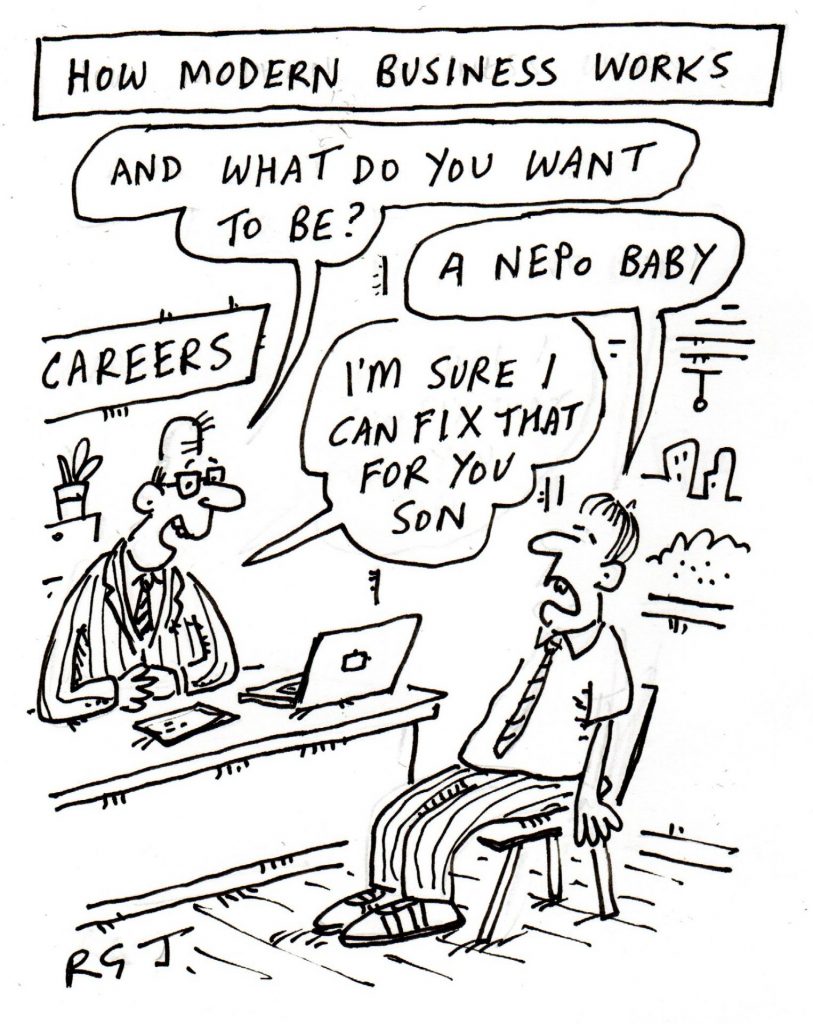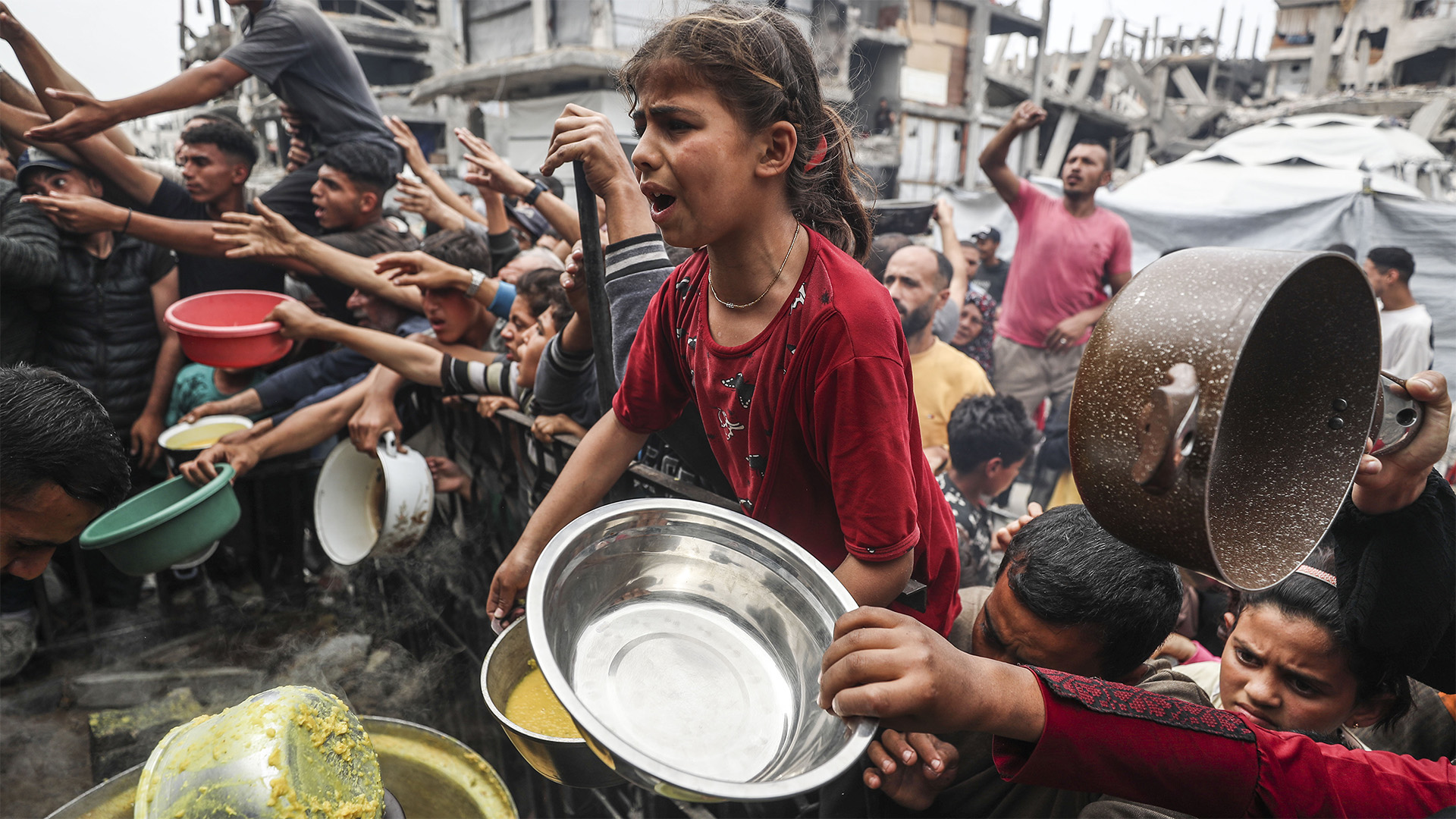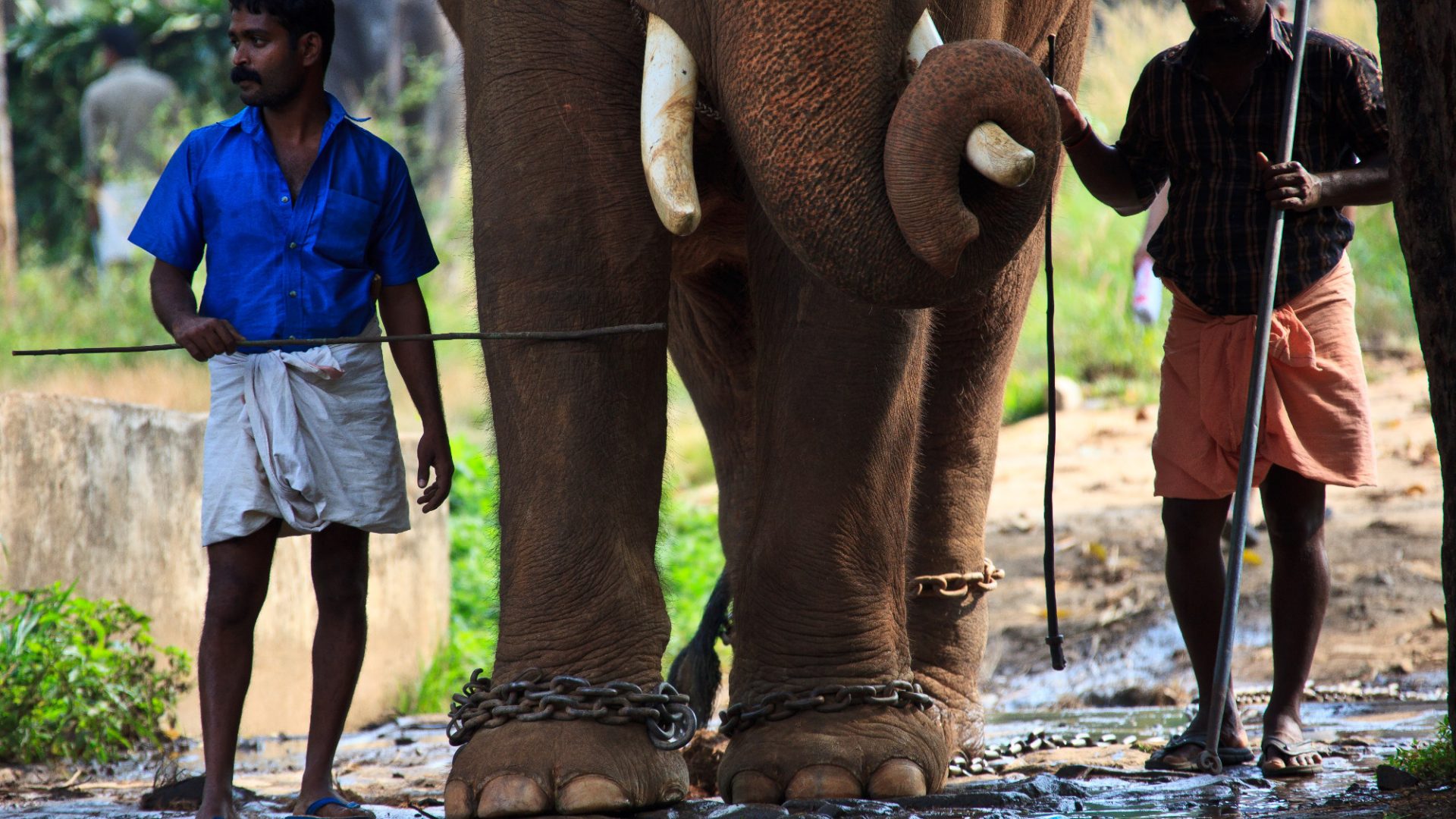Some weeks are easier than others when it comes to writing a weekly column, and I guess easiest of all is when someone else writes it for me. No, I don’t mean finding myself a ghost writer – too much of a control freak for that – and I certainly don’t mean asking Chat GPT to have a go (death of journalism and all that). But every now and then an email from a stranger pops into the inbox and I go, mmmm, that is interesting; interesting enough indeed to share with the readers of The New World.
The stranger was called Michele Leembruggen, who I have since discovered is an Australian, and author of a well-received memoir about how she overcame the trauma of a childhood raised in an abusive, chaotic family. I have since checked it out, and that initial description of A Hole Where My Heart Should Be barely gets close to the scale of the trauma, the chronic depression and anxiety it led to, the self-medication with alcohol, the pathological obsession with a therapist, a relationship that became as toxic as the one she had had with her mother. Happy ending spoiler alert: she eventually finds a healing of sorts from the two conditions for which she was being treated, complex post-traumatic stress disorder and quiet borderline personality disorder.
She has been following my many and varied attempts to make sense of Donald Trump and the chaos he has been unleashing upon the world. “You often seem perplexed by Trump’s behaviour and I find this irritating,” she wrote, “because the drivers for it are actually obvious.”

Now at this point it is helpful if you know what DSM-5-TR stands for: The diagnostic and statistical manual of mental disorders, fifth edition, text revision. Published and updated regularly by the American Psychiatric Association, this so-called “psychiatrist’s bible” serves as the standard classification of mental disorders treated by mental health professionals in the US.
Michele pointed me to the latest DSM-5-TR criteria for narcissistic personality disorder:
Grandiose sense of self-importance: Exaggerating achievements and talents, expecting to be recognised as superior without commensurate accomplishments.
Preoccupation with fantasies of success, power, brilliance, beauty, or ideal love: Living in a world of imagined triumphs and ideal scenarios.
Belief in being special and unique: Feeling that one can only be understood by or associate with other high-status people or institutions.
Need for excessive admiration: Requiring constant attention and praise from others.
Sense of entitlement: Expecting favourable treatment and automatic compliance with their expectations.
Interpersonally exploitative behaviour: Taking advantage of others to achieve their own goals.
Lack of empathy: Being unwilling or unable to recognise or identify with the feelings and needs of others.
Envy of others or the belief that others are envious of them: Feeling resentful of others’ successes or believing others are jealous of them.
Arrogant, haughty behaviours or attitudes: Demonstrating an inflated sense of self-importance and looking down on others.
“First and foremost,” wrote Leembruggen, “Trump is a very damaged human being and he carries an enormous burden of shame (invisible to himself), which he projects. Do not underestimate the consequences of his mental disorder; it is the foundational motor that drives everything he is and does. In fact, it is possible to predict his reactions and behaviours when viewing him through the lens of NPD.” Her email arrived around the same time as our recent edition, adorned with a picture of an exploding Trump, and the factual headline “Weapons grade narcissist”.
Other opinions are available, of course. But since she wrote to me, I have kept a note of those nine criteria on the arm of the sofa from where I watch the TV news, and Trump manages to tick off all nine in pretty much every public appearance he makes.
Michele Leembruggen also attached three YouTube links to talks by a British psychiatrist named Russell Razzaque, who analyses not just Trump, but his deputy JD Vance, and his former best friend Elon Musk. In the case of all three, their upbringing has a lot to answer for. They all have major daddy issues. Trump longed for praise and attention that he rarely got from Fred Trump… boy, has he made up for it since! Vance grew up with an addict mother and a succession of her boyfriends, not knowing his father as a child, eventually being raised by grandparents who gave him the third surname of his childhood, Vance. Musk was bullied at home, bullied at school, and according to Razzaque has taken on the attributes of his tormentors.
I cannot cover off in a few sentences the points Razzaque makes in his lengthy assessments of these three powerful men. One thing is for sure – the world is currently paying a very heavy price for Trump’s craving for praise and attention, Vance’s anger at a violent childhood during which his father was absent and his mother tried to kill him, and Musk’s fear that he was never really rated, respected, or considered one of the in-crowd.
“Do not apologise for crying,” wrote the American author Elizabeth Gilbert. “Without this emotion, we are only robots.” “Robotic” is one of the words the Rachel Reeves-haters have chucked her way, an image spectacularly undone by her tearful appearance in the Commons alongside Keir Starmer.
Watching on, my first instinct was that he had just told her he was planning a reshuffle and she might be better suited to a different role, but “keep shtum until I’ve appointed a replacement”. But if so, I think he would have been keeping an eye on her, and we now know that he wasn’t. My second thought was family illness or sudden bereavement, but then surely she would have been anywhere but the Houses of Parliament. So I don’t know. One thing I do know is that I often feel better after a good old cry, and I hope she does too. Politics can be brutal, and women get it worse than men.
And she must have taken at least some comfort from this intriguing contrast – the markets reacted badly when they thought she was going, and recovered when it was clear she wasn’t. Liz Truss produced the same reaction in reverse. The markets crashed when they thought she was staying, and picked up when she went!
I had a house full of tears when Fiona, Grace and I watched on Channel 4 the documentary the BBC refused to show, Gaza: Doctors Under Attack. The BBC’s failure to broadcast it is inexplicable – they have certainly given no credible explanation – other than if there has been a collapse of confidence in actual journalism, or the loss of a moral compass, or both.
It is horribly upsetting, as good documentaries often are. It is packed full of stories, pictures and interviews many might rather not see, which brings to mind the quote often attributed to George Orwell: “Journalism is printing something that someone does not want printed. Everything else is public relations.”
A similar Orwell thought is inscribed on the wonderful statue of him, outside New Broadcasting House. “If liberty means anything at all, it means the right to tell people what they do not want to hear”. The BBC has that right, but when the Beeb top brass become the people who don’t want to be hearing, they – and we – have a problem.




